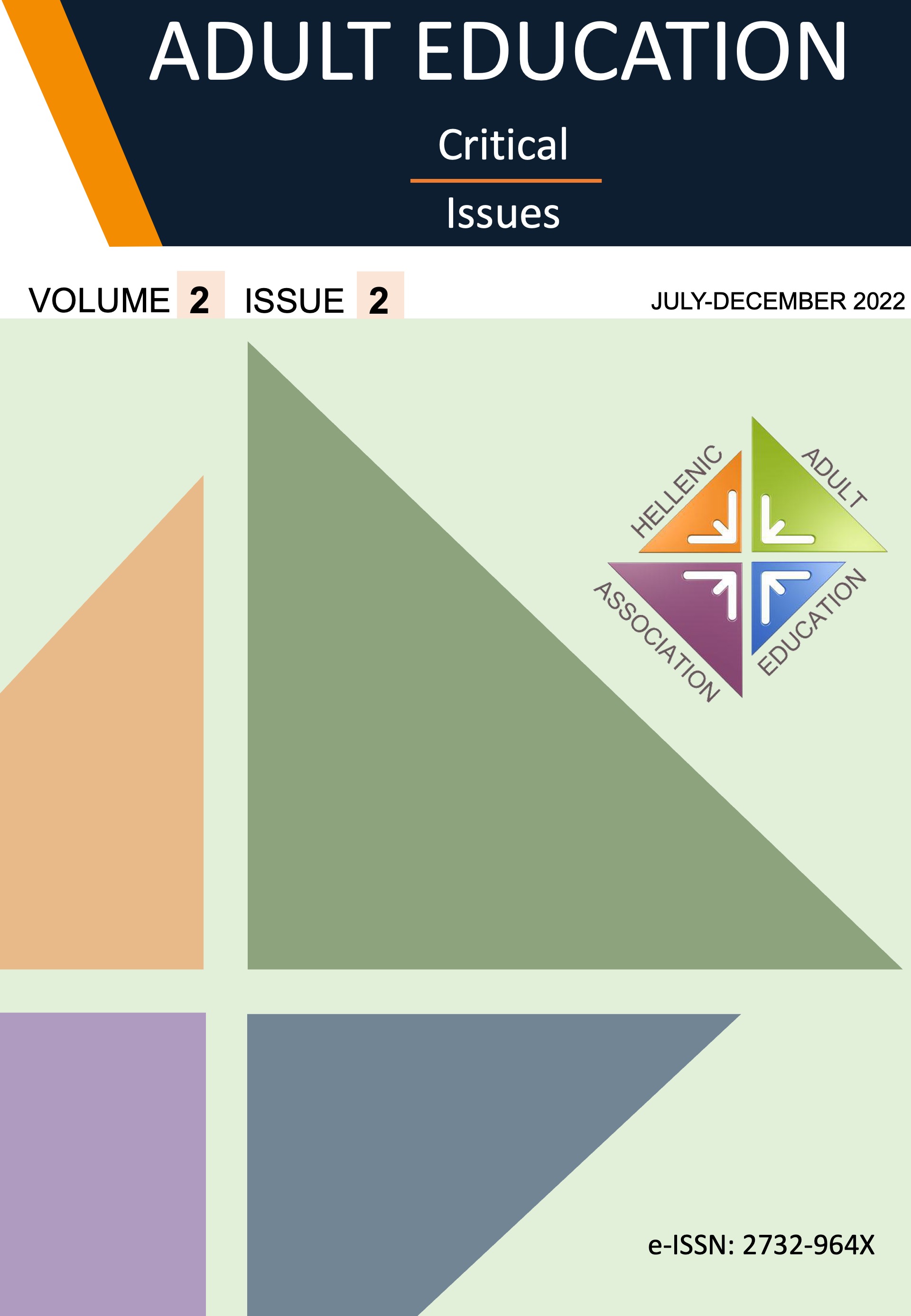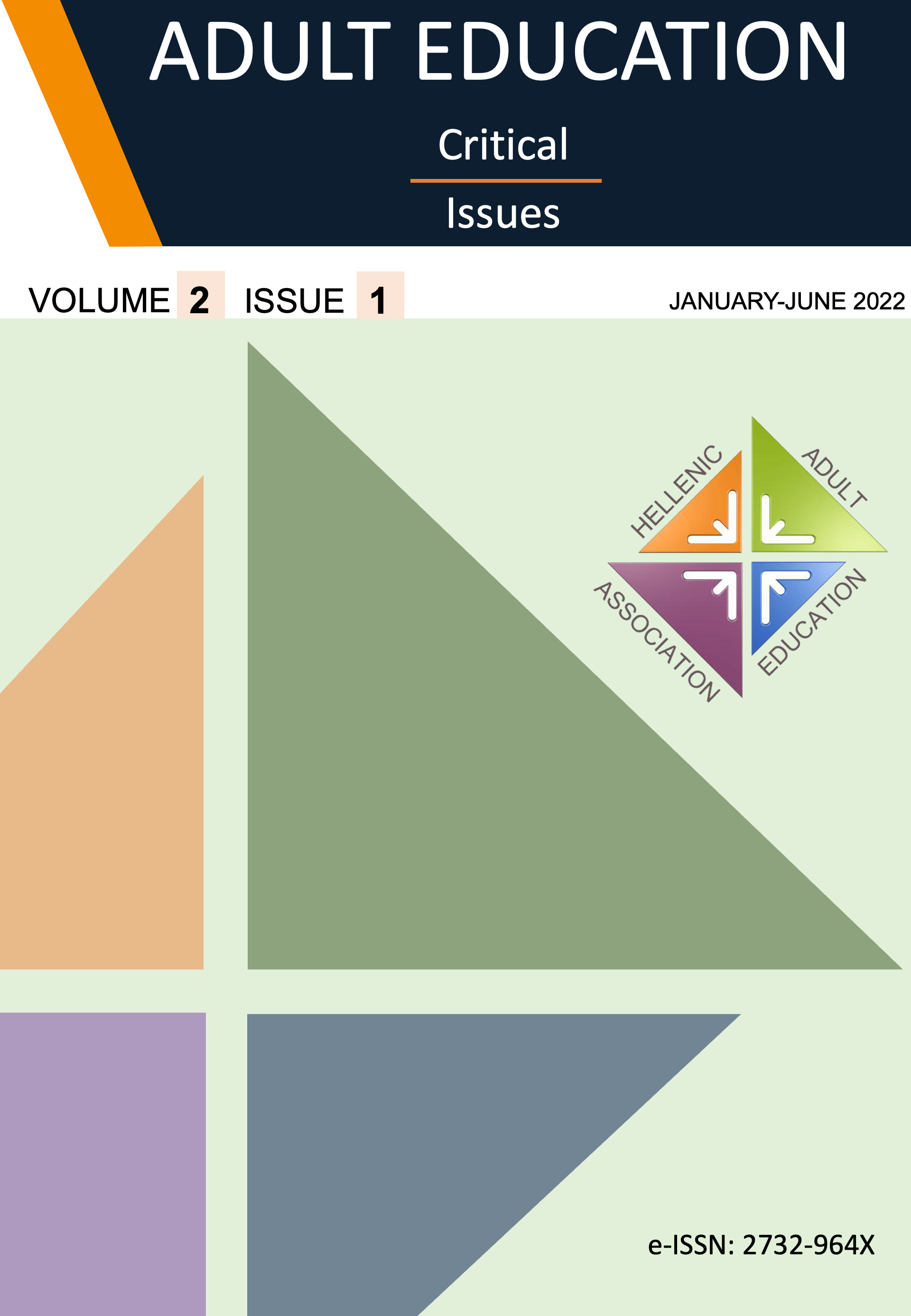Mezirow’s Theory of Transformative Learning and Freire’s Pedagogy Theories in Dialogue
Abstract
Jack Mezirow (1923-2014) and Paulo Freire (1921-1997) are two of the most important contributors to understanding adult learning. Mezirow (Bloom, 2015) frequently acknowledged the impact that Freire had on his thinking and one can wonder if there is a distance between the critical consciousness of Freire and the critical reflection of transformative learning? This study is restricted to the works of Freire and Mezirow and engages in a critical dialogue about their contribution. It does not focus on the multiple ways in which each has been amplified and reinterpreted by sympathetic scholars. These are the main focus of the study: an autobiographical moment; a look at Dewey as the precursor of both Freire and Mezirow; Hegel’s influence; a theological moment that divides the two educators; their contributions to teaching methods useful in critical pedagogy.
Article Details
- Come citare
-
Fleming, T. (2022). Mezirow’s Theory of Transformative Learning and Freire’s Pedagogy: Theories in Dialogue. Adult Education Critical Issues, 2(2), 7–19. https://doi.org/10.12681/haea.32302
- Fascicolo
- V. 2 N. 2 (2022): July - December 2022
- Sezione
- Articles

TQuesto lavoro è fornito con la licenza Creative Commons Attribuzione 4.0 Internazionale.
Authors who publish with this journal agree to the following terms:
- Authors retain copyright and grant the journal right of first publication with the work simultaneously licensed under a Creative Commons Attribution License that allows others to share the work with an acknowledgement of the work's authorship and initial publication in this journal.
- Authors are able to enter into separate, additional contractual arrangements for the non-exclusive distribution of the journal's published version of the work (e.g., post it to an institutional repository or publish it in a book), with an acknowledgement of its initial publication in this journal.
- Authors are permitted and encouraged to post their work online (e.g., in institutional repositories or on their website) prior to and during the submission process, as it can lead to productive exchanges, as well as earlier and greater citation of published work (See The Effect of Open Access).





